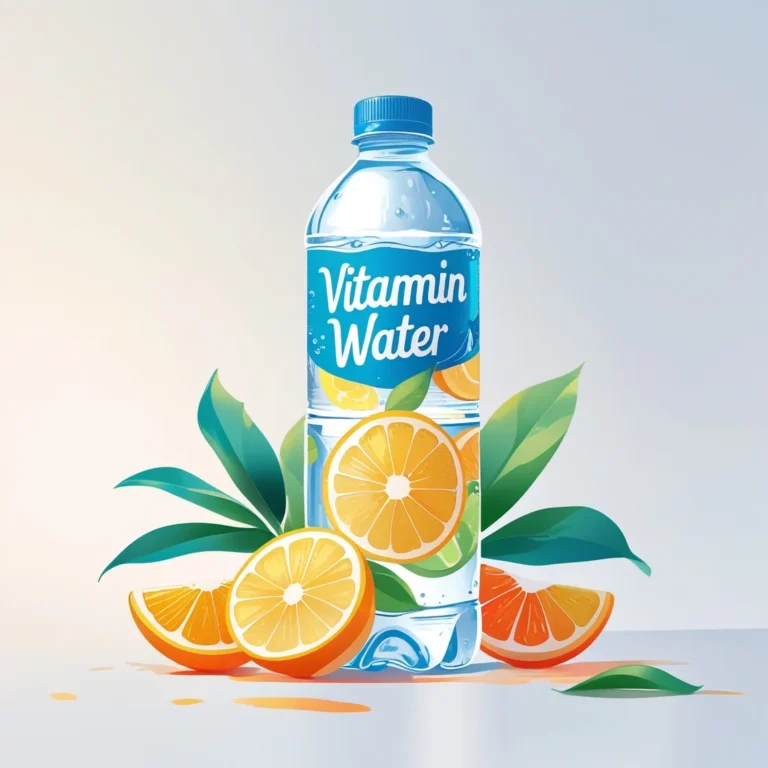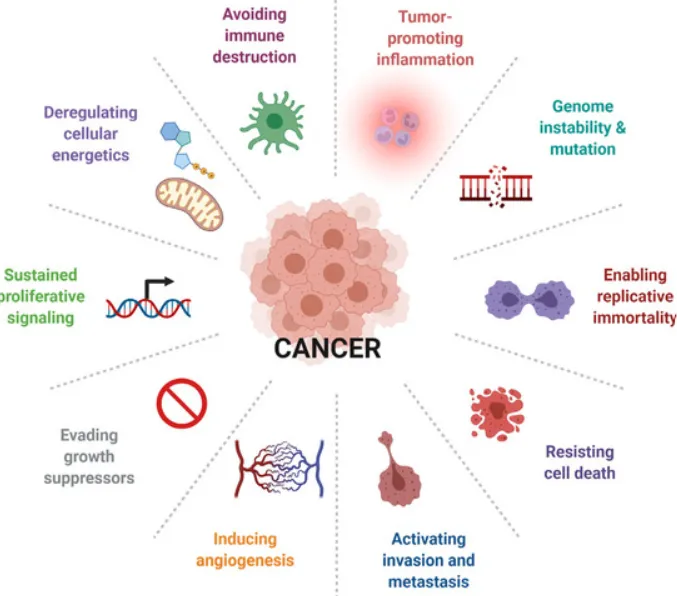Collagen for Skin Elasticity: The Science Behind Youthful, Resilient Skin
Collagen for Skin Elasticity. As we age, one of the most visible changes in our appearance is the gradual loss of skin elasticity. Our skin begins to sag, develops fine lines, and loses that youthful bounce that characterized our younger years. At the heart of this transformation lies collagen—a crucial protein that serves as the scaffolding for our skin’s structure and elasticity.
Understanding Collagen and Skin Elasticity
Collagen is the most abundant protein in our bodies, making up approximately 30% of our total protein content. In the skin specifically, type I collagen comprises about 90% of all collagen present, playing a fundamental role in maintaining structural organization, integrity, and strength PMC. Think of collagen as the invisible framework that gives your skin its firmness, elasticity, and smooth appearance.
The elastic properties of our skin depend on a complex network of elastic fibers composed of elastin and microfibrils. When this network functions optimally, our skin can stretch and bounce back to its original shape. However, as we age, our natural collagen production begins to decline—women start losing collagen in their 20s and can lose about 30% of their collagen over their lifetime.
The Science of Collagen Loss and Aging
Research published in recent clinical studies reveals the mechanisms behind age-related collagen decline. As we get older, several factors contribute to reduced collagen production:
- Cellular aging: Dermal fibroblasts, the cells responsible for producing collagen, become less efficient over time
- Mechanical stimulation defects: Aged tissue experiences reduced mechanical stimulation, further hampering collagen synthesis
- Environmental damage: UV exposure, pollution, and oxidative stress accelerate collagen breakdown
- Hormonal changes: Particularly in women, hormonal fluctuations can significantly impact collagen production
This decline manifests as visible signs of aging: wrinkles, sagging skin, loss of firmness, and reduced skin elasticity.
Breakthrough Research: Oral Collagen Supplementation
Recent scientific breakthroughs have revolutionized our understanding of how oral collagen supplementation can effectively improve skin elasticity. A comprehensive 2024 systematic review and meta-analysis of 26 randomized controlled trials involving 1,721 patients provides compelling evidence for collagen’s benefits (PMC).
The Mechanism Behind Oral Collagen
When you consume hydrolyzed collagen supplements, a fascinating process occurs in your body:
- Digestion and Absorption: The collagen is broken down into smaller peptides, particularly those rich in hydroxyproline, proline, and glycine—amino acids that are relatively rare in other protein sources.
- Transportation: These unique peptides enter the bloodstream and are transported directly to the skin tissue. Research using radioactive tracers has shown that collagen-derived peptides can be detected in the skin for extended periods after consumption.
- Cellular Stimulation: Once in the skin, these peptides act as signaling molecules, stimulating dermal fibroblasts to increase their production of new collagen proteins.
- Regulatory Effects: Collagen supplementation also modulates various growth factors and cytokines involved in skin remodeling, creating an optimal environment for collagen synthesis.
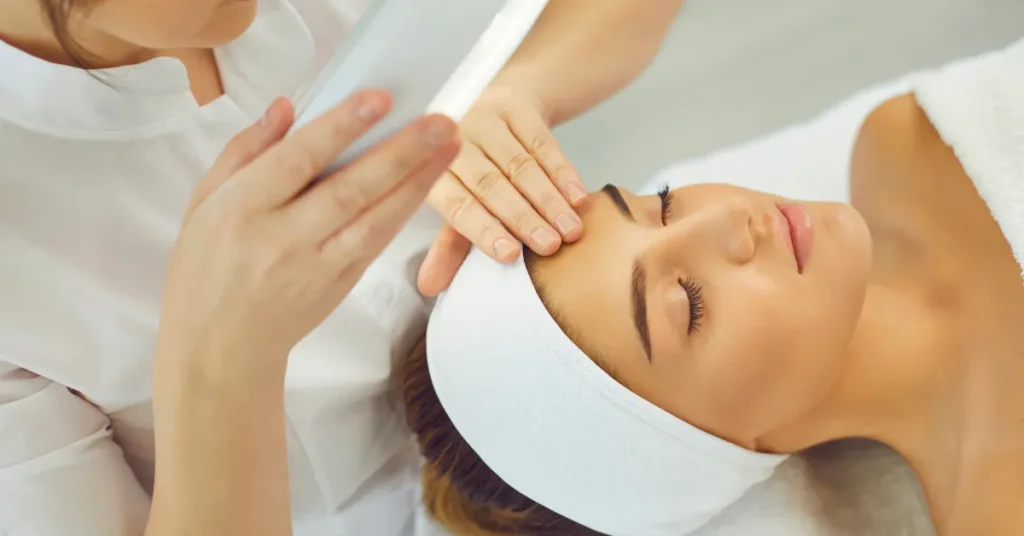
Clinical Evidence: What the Studies Show
Dosage and Duration
The most recent clinical trials have established clear guidelines for effective collagen supplementation:
- Optimal Dosage: Studies typically used doses ranging from 2.5g to 10g daily, with most successful trials using 5-8g of hydrolyzed collagen peptides
- Duration: While some benefits appear as early as 4-6 weeks, the most significant improvements occur after 8-12 weeks of consistent use
- Source: Marine, bovine, chicken, and porcine collagen all showed effectiveness, with no significant difference between sources
Measurable Improvements
A groundbreaking 2024 clinical trial published in a peer-reviewed journal documented remarkable improvements in participants taking marine-sourced hydrolyzed collagen with vitamin C (Wiley).
Skin Elasticity: The R2 elasticity index increased by 22.7% compared to placebo after 12 weeks. This measurement reflects the skin’s ability to resist mechanical stress and return to its original shape.
Skin Hydration: Participants experienced a 13.8% increase in skin hydration compared to placebo, while the placebo group actually decreased by 14.4%.
Wrinkle Reduction: Fine lines and wrinkles decreased by 19.7% as measured by profilometry, the clinical standard for assessing skin texture improvements.
Collagen Quality: Perhaps most importantly, confocal microscopy revealed a 44.6% decrease in collagen fragmentation, indicating improved collagen density and structural integrity in the skin.
Why collagen is confusing
To start with the basics, “collagen is only found in animal connective tissue”, notes Andrea Soares, a registered dietitian in Georgia, US, who is part of the Top Nutrition Coaching network, a company which helps to connect people with dietitians in their area.
Collagen products come from a variety of animals: cows, pigs, chickens and fish. Gelatine, which is used to make sweets, jelly and the capsules for pharmaceuticals, is a form of collagen. “Some plant-based supplements claim to be ‘vegan collagen’, but what they actually contain are collagen-boosting ingredients like vitamin C, amino acids and minerals that help your body make its own collagen,” says Soares. “If you’re vegan, you might want to spend your money on a well-rounded diet instead of plant-based ‘collagen’ supplements that don’t actually contain collagen.”
(Collagen with Hyaluronic Acid and Biotin. In the world of beauty and wellness supplements, few combinations have garnered as much attention as collagen paired with hyaluronic acid and biotin. This powerful trio has become increasingly popular among those seeking to enhance their skin, hair, and nail health from within. But what makes this combination so special, and does the science support the hype? Let’s explore the comprehensive benefits, research, and practical considerations of this beauty supplement powerhouse.)
Different types of collagen appear to work differently. Hydrolysed collagen (collagen hydrolysate) is collagen which has been broken down into short chains of amino acids known as peptides. These get broken down further as they move through the digestive system. On the other hand, undenatured (raw) type II collagen is a component of cartilage surrounding joints. In theory it can help replenish collagen around the joints, says David Hunter, a rheumatology clinician researcher at the University of Sydney, focusing on osteoarthritis. Type II collagen is also broken down into amino acids in the stomach, though hydrolysed collagen tends to be better absorbed by the body.
VT COSMETICS CICA Collagen Daily Mask 30 Sheets, 300Da Low Molecular Collagen for Skin Elasticity, Hydrating & Firming, Pink Collagen Essence, Korean…
Powered by 300Da collagen to enhance skin elasticity.
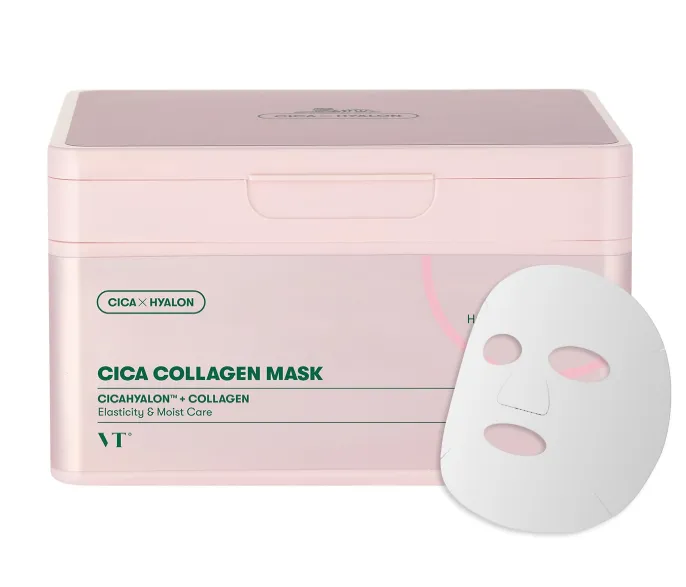
Beyond Supplements: Natural Ways to Support Collagen Production
While supplements show promising results, supporting your body’s natural collagen production through nutrition and lifestyle choices creates a comprehensive approach to maintaining skin elasticity.
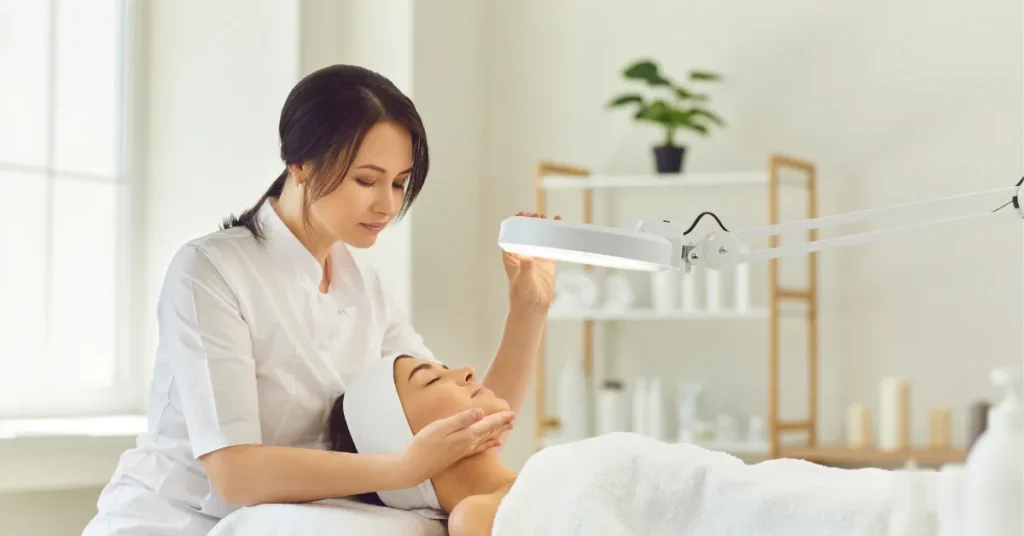
Collagen-Building Nutrients
Vitamin C: This is perhaps the most critical nutrient for collagen synthesis. Vitamin C acts as a cofactor in the formation of collagen’s triple-helix structure and helps protect existing collagen from damage. Excellent sources include
- Citrus fruits (oranges, lemons, grapefruits)
- Berries (strawberries, blueberries, blackberries)
- Leafy greens (kale, spinach, Brussels sprouts)
- Bell peppers (particularly red peppers)
- Broccoli and cauliflower
Amino Acids: Your body needs specific amino acids to build collagen, particularly:
- Glycine: Found in bone broth, chicken skin, and gelatin
- Proline: Abundant in egg whites, dairy products, and meat
- Hydroxyproline: Created in the body from proline with vitamin C’s help
Essential Minerals:
- Zinc: Found in shellfish, legumes, nuts, and seeds—crucial for collagen synthesis
- Copper: Present in organ meats, nuts, and dark chocolate—helps cross-link collagen fibers
- Silicon: Available in whole grains and green beans—supports collagen structure
Collagen-Rich Foods
Incorporating foods that naturally contain collagen can complement your body’s production.
- Bone Broth: Rich in naturally occurring collagen and provides amino acids for collagen synthesis
- Fish with Skin: Marine collagen is highly bioavailable and easily absorbed
- Chicken (with skin): Contains type II collagen and supportive nutrients
- Egg Whites: High in proline and provide building blocks for collagen formation
benefits of taking collagen?
Collagen supplementation provides a variety of health benefits.
5. May promote heart health
Researchers have theorized that collagen supplements may help reduce the risk of heart conditions.
Collagen provides structure to your arteries, the blood vessels that carry blood from your heart to the rest of your body.
Without enough collagen, arteries may become less flexible and elastic, which may lead to atherosclerosis, a disease characterized by the narrowing of your arteries. This condition may cause heart attack and stroke.
In a 6-month study, 30 healthy adults took 16 grams of collagen daily. They had experienced a significant reduction in measures of artery stiffness from the study’s beginning to its end (18Trusted Source).
Additionally, their levels of HDL (good) cholesterol rose by an average of 6%Trusted Source. HDL is an important factor in the risk of heart conditions, including atherosclerosis, though more research is needed.
6. May improve gut health
Although no randomized controlled trials support this claim, some health professionals report that collagen supplements can treat leaky gut syndrome, also called intestinal permeability. Individuals report collagen helps, but research is needed.
7. May strengthen your hair and nails
Taking collagen may increase the strengthTrusted Source of your nails. While more research is needed to support collagen’s effect on hair, people report that taking collagen may help your hair avoid breaking as easily.
8. May help maintain brain health
While no studies have examined the role of collagen supplements in brain health, some people claim that they improve mood and reduce anxiety symptoms.
9. May help support weight loss
Proponents believe that collagen supplements may promote weight loss and faster metabolism. However, no studies support these claims. Although these potential effects are promising, more research is needed before formal conclusions can be made.
Lifestyle Factors That Impact Collagen
Protective Measures
Sun Protection: UV radiation is one of the primary causes of collagen breakdown. Daily sunscreen use and protective clothing are essential for preserving existing collagen.
Antioxidant Protection: Free radicals accelerate collagen degradation. A diet rich in antioxidants from colorful fruits and vegetables helps protect collagen fibers.
Adequate Sleep: During deep sleep, your body repairs and regenerates collagen. Aim for 7-9 hours of quality sleep nightly.
Stress Management: Chronic stress elevates cortisol levels, which can break down collagen. Practices like meditation, yoga, and regular exercise help maintain healthy stress levels.
Collagen-Damaging Factors to Avoid
Excessive Sugar: High blood sugar levels can cause collagen to become stiff and inflexible through a process called glycation.
Smoking: Tobacco use significantly accelerates collagen breakdown and impairs new collagen formation.
Excessive Alcohol: Alcohol depletes vitamin C and other nutrients essential for collagen synthesis while promoting inflammation.
The Role of Topical Treatments
While this article focuses primarily on internal approaches to supporting collagen, it’s worth noting that certain topical treatments can complement oral supplementation:
- Retinoids: Stimulate collagen production at the cellular level
- Vitamin C Serums: Provide direct antioxidant protection and support local collagen synthesis
- Peptide Creams: May signal the skin to produce more collagen
- Professional Treatments: Procedures like microneedling, chemical peels, and laser treatments can stimulate collagen remodeling
What to Expect: Timeline and Realistic Outcomes
Understanding realistic expectations is crucial when beginning a collagen supplementation regimen:
Weeks 1-4: You may notice improved skin hydration and a subtle improvement in skin texture.
Weeks 4-8: Skin elasticity begins to improve, and fine lines may start to appear less pronounced.
Weeks 8-12: Maximum benefits typically occur during this period, with measurable improvements in skin elasticity, hydration, and overall appearance.
Long-term Use: Continued supplementation appears to maintain benefits, and some studies suggest ongoing improvement with extended use.
Choosing the Right Collagen Supplement
When selecting a collagen supplement, consider these factors:
Type: Hydrolyzed collagen peptides are most easily absorbed and utilized by the body.
Source: Marine, bovine, and chicken collagen all show effectiveness in clinical trials.
Additional Ingredients: Look for supplements that include vitamin C, as it’s essential for collagen synthesis.
Third-Party Testing: Choose products that have been tested for purity and potency.
Bioavailability: Smaller peptides (low molecular weight) are generally better absorbed.
The Future of Collagen Research
The field of collagen research continues to evolve rapidly. Scientists are investigating:
- Personalized collagen supplementation based on genetic factors
- Novel delivery methods to enhance bioavailability
- Combination therapies that synergistically support collagen production
- Plant-based alternatives that can stimulate natural collagen synthesis
Recent studies on vegan collagen biomimetics show promising results, suggesting that plant-based compounds may eventually provide effective alternatives to animal-derived collagen supplements.
Test Products
AC is a skincare supplement containing 8000 mg of hydrolysed collagen, sourced from a sustainable marine supply. The supplement also contains 60 mg l-ascorbic acid (75% NRV). A placebo product was manufactured to match the organoleptic properties of the AC supplement, including taste, texture, colour, and viscosity.
For blinding of the clinical trial, both products were presented in a plain white sachet, with only an assigned product code to identify each batch. The sachets were identical in appearance and labelled according to the ICH-GCP requirements. Subjects were instructed to take 1 sachet per day, or 1 sachet every 48 hours, preferably in the morning, on an empty stomach. Personnel who were not involved in any other aspect of the study were tasked to label the investigational product. The investigators, statistician, other site personnel, and participants were blinded to the product or placebo. The unblinding of the clinical trial only occurred after the data were analysed and reported using coded identifiers (participant numbers) and coded parallel arm identifiers (groups 1–4, representing AC or placebo taken daily and AC or placebo taken every 48 hours). A home use diary was used for compliance checks.
2.4. Measurement Conditions
Subjects equilibrated in a controlled environment (at a temperature of 20°C and at a relative humidity of 25–40%) for at least 15 minutes prior to any assessments being performed. Measurements were taken on the infraorbital region (below the eye socket) for the corneometer and cutometer and on the lateral canthal lines (crow’s feet area) for the confocal microscopy, ultrasound, and profilometry.
2.5. Confocal Microscopy
The collagen structure, specifically the quality, density, and fragmentation in the papillary and superficial dermis, was visualised using a confocal laser scanning microscope (VivaScope® 1500; GmbH, Munich, Germany). The 3D stereoscopic images allow the cellular microstructure to be visualised via optical cross sections with a horizontal resolution of up to 1.25 μm and vertical resolution of 3–5 μm. This can be used to target a depth of the superficial dermis of ∼200 μm. Approximately 40 individual images were acquired at 5 μm interval scanning steps to create a stereoscopic stack. Only the images targeting the collagen network in the papillary and superficial dermis of the lateral canthus (crow’s feet area) of the face were analysed. Images taken at baseline were compared to those taken at week 6 and week 12. The images for each were graded for collagen structure by an expert grader, based on evaluation of a blinded set of confocal images. Collagen density, structure, and fragmentation are based on a composite scoring system using a Visual Analog Scale (VAS). As can be seen in Figure a score of 0 represents high density collagen, clear evidence of collagen structure, and with no visible fragmentation. A score of 9 represents low density collagen, lack of structured collagen fibres, and clearly visible fragmentation.
Conclusion: A Comprehensive Approach to Skin Elasticity
The scientific evidence supporting oral collagen supplementation for skin elasticity is compelling and continues to grow stronger. Clinical trials consistently demonstrate that regular supplementation with hydrolyzed collagen peptides can significantly improve skin elasticity, hydration, and overall appearance when used consistently for 8-12 weeks or longer.
However, the most effective approach to maintaining skin elasticity involves a comprehensive strategy that combines:
- High-quality collagen supplementation (5-10g daily)
- A nutrient-rich diet emphasizing vitamin C and amino acids
- Protective lifestyle choices that preserve existing collagen
- Adequate sleep and stress management
- Sun protection and antioxidant support
While we cannot completely stop the aging process, the growing body of scientific research suggests that we can significantly slow and even partially reverse some age-related changes in skin elasticity through informed nutritional and lifestyle choices.
Blue Lotus Flower: Benefits, Uses & Relaxing Effects. Blue lotus flower (Nymphaea caerulea), also known as blue Egyptian lotus, blue water lily, and sacred blue lily, is a psychoactive plant.
Remember that individual responses to collagen supplementation may vary, and it’s always wise to consult with a healthcare provider before starting any new supplement regimen, especially if you have underlying health conditions or are taking medications.
The journey to maintaining youthful, elastic skin is not about chasing an impossible standard of perfection, but rather about supporting our body’s natural processes with science-backed approaches that can help us age gracefully and confidently.
(How to remove super glue from skin. If you get super glue on your hands or skin, you can remove it using acetone or nail polish removal, or by soaking the area in warm, soapy water. If you develop a rash or the glue remains for more than a couple days, see a doctor.)



